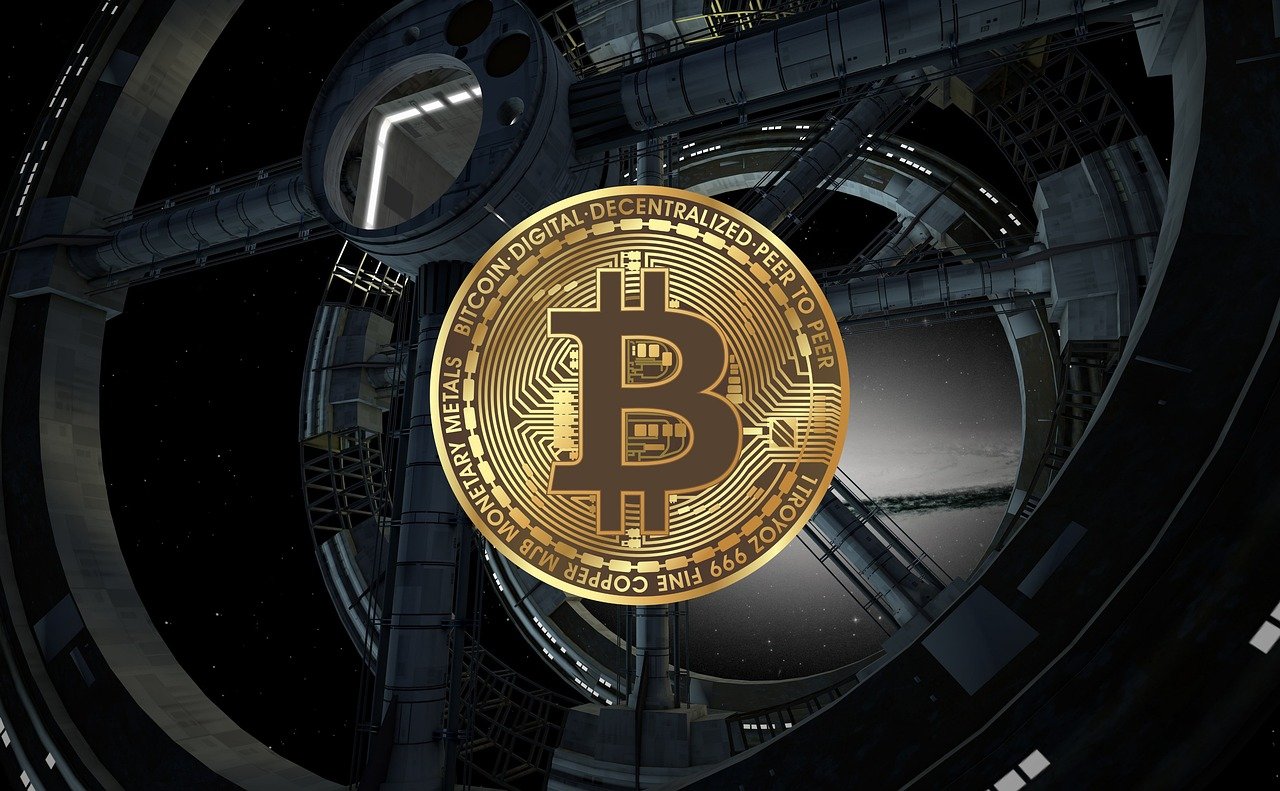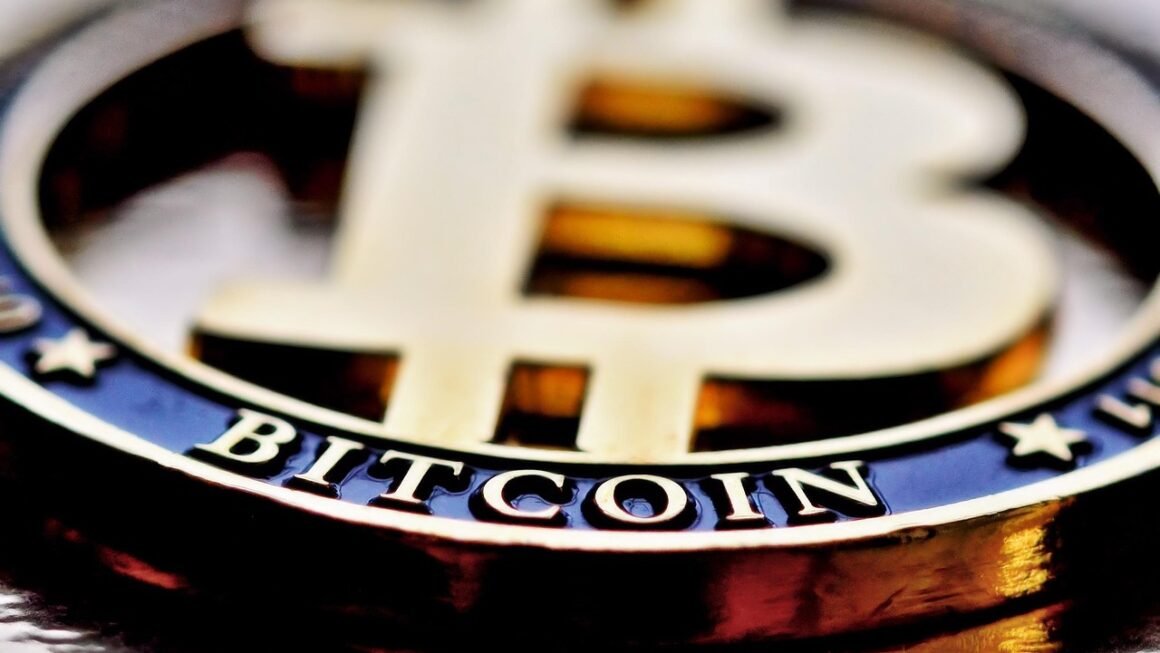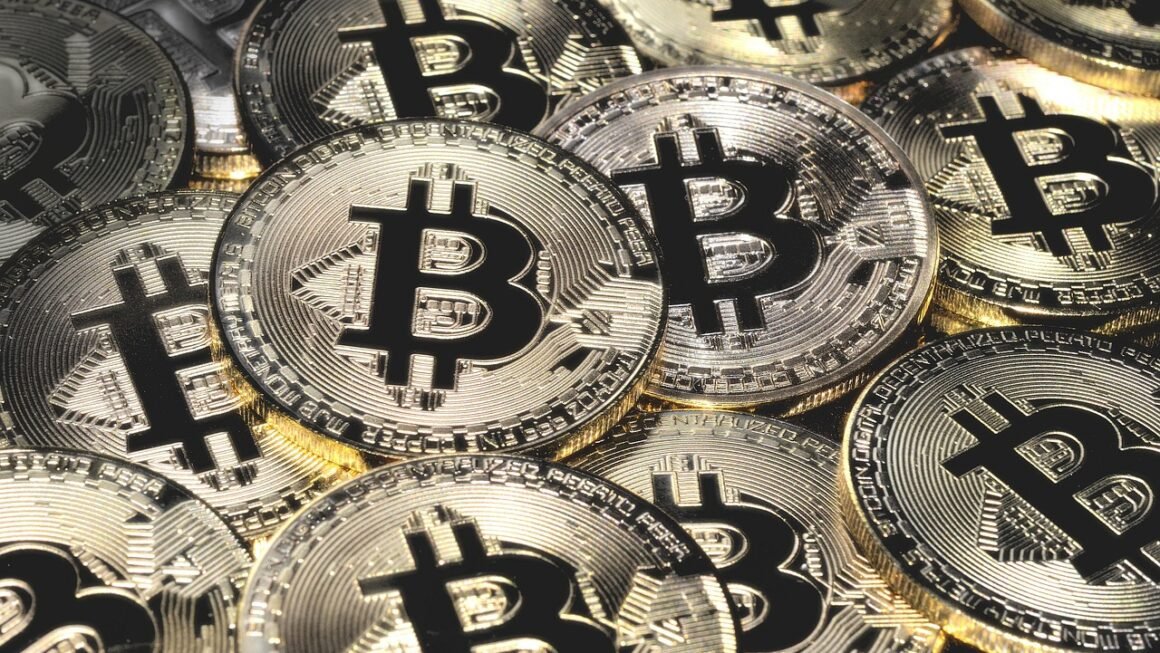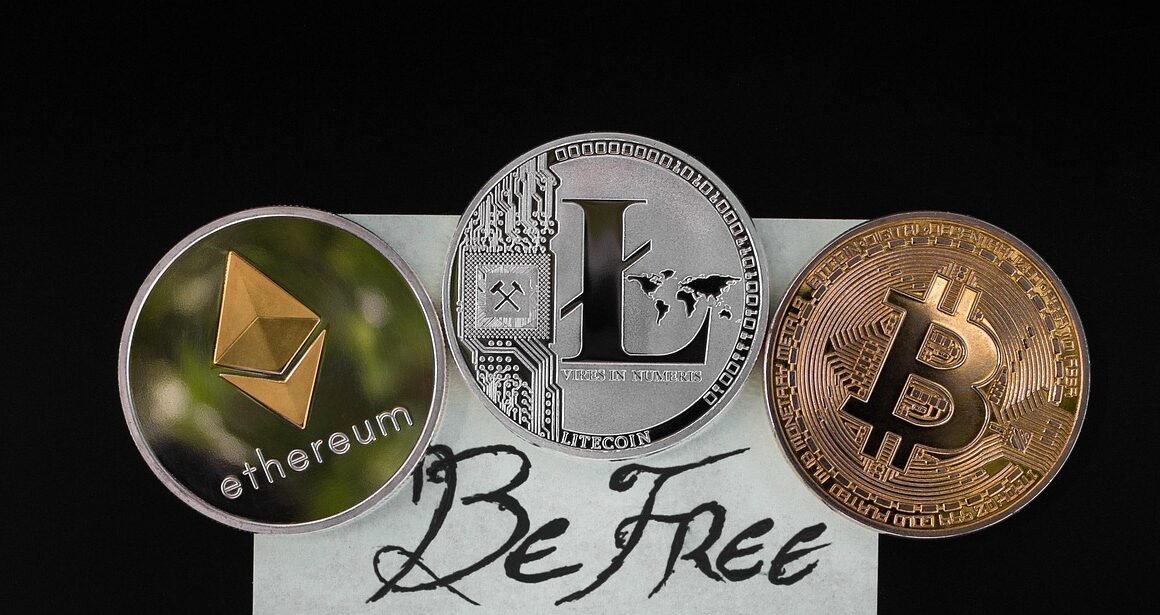The world of decentralized technology is constantly evolving, offering innovative solutions to traditional problems. At the forefront of this evolution is the Decentralized Autonomous Organization, or DAO. DAOs are revolutionizing how organizations operate, enabling transparent and community-driven governance. This blog post will delve into the concept of DAOs, exploring their mechanics, benefits, real-world applications, and potential challenges, providing a comprehensive understanding of this groundbreaking technology.
What is a DAO?
Defining Decentralized Autonomous Organizations
A Decentralized Autonomous Organization (DAO) is an internet-native entity with rules encoded in smart contracts on a blockchain. These rules govern how the organization operates, making it transparent and autonomous. Decisions are made through proposals and voting, giving members a voice in the DAO’s direction. Think of it as a company managed by code and community consensus, rather than a traditional hierarchical structure.
Key Characteristics of DAOs
DAOs possess several distinct characteristics that differentiate them from traditional organizations:
- Decentralization: Power is distributed among members, rather than concentrated in the hands of a few executives.
- Transparency: All transactions and governance decisions are recorded on a blockchain, making them publicly auditable.
- Autonomy: Smart contracts automatically execute decisions once a consensus is reached, eliminating the need for intermediaries.
- Community-Driven: DAOs are built and managed by their community members, fostering a sense of ownership and collaboration.
- Global Reach: DAOs can operate across borders, enabling participation from individuals worldwide.
How DAOs Work: A Step-by-Step Overview
Benefits of DAOs
Enhanced Transparency and Trust
One of the primary benefits of DAOs is their transparency. All transactions, governance decisions, and code are publicly auditable on the blockchain. This transparency builds trust among members and stakeholders, as everyone has access to the same information.
- Eliminates information asymmetry
- Reduces the potential for corruption or mismanagement
- Promotes accountability and responsibility
Improved Efficiency and Automation
DAOs automate many organizational processes through smart contracts. This automation reduces the need for manual intervention, streamlining operations and improving efficiency.
- Automated execution of decisions
- Reduced administrative overhead
- Faster decision-making processes
Increased Community Engagement and Participation
DAOs empower community members by giving them a direct say in the organization’s direction. This increased engagement fosters a sense of ownership and encourages active participation.
- Directly involve community in decision-making
- Increase motivation and productivity
- Diverse perspectives and insights
Global Collaboration and Inclusion
DAOs can operate across borders, enabling participation from individuals worldwide. This global reach fosters diverse perspectives and promotes inclusivity.
- Access to a global talent pool
- Diverse viewpoints and experiences
- Breaking down geographical barriers
Real-World Examples of DAOs
Investment DAOs
Investment DAOs pool capital from members to invest in various assets, such as cryptocurrencies, NFTs, or real estate. Decisions on which assets to invest in are made through community voting. An example is MetaCartel Ventures, which invests in early-stage Web3 projects.
- MetaCartel Ventures: Invests in Web3 startups.
- The LAO: An investment DAO focused on supporting Ethereum projects.
Grant-Giving DAOs
Grant-giving DAOs allocate funds to projects or initiatives that align with the DAO’s mission. These DAOs provide a decentralized and transparent way to fund public goods and innovative projects. An example is Gitcoin Grants, which funds open-source software development.
- Gitcoin Grants: Funds open-source projects.
- MolochDAO: Funds Ethereum infrastructure development.
Social DAOs
Social DAOs bring together individuals with shared interests or goals. These DAOs provide a platform for members to connect, collaborate, and share resources. Friends With Benefits (FWB) is a popular example of a social DAO.
- Friends With Benefits (FWB): A social DAO for Web3 enthusiasts.
- CabinDAO: A DAO for digital nomads.
Protocol DAOs
Protocol DAOs govern decentralized protocols, such as DeFi platforms. Token holders can vote on changes to the protocol’s parameters, ensuring that the protocol remains aligned with the community’s interests. Examples include MakerDAO (governs the DAI stablecoin) and Uniswap (governs the decentralized exchange).
- MakerDAO: Governs the DAI stablecoin.
- Uniswap: Governs the decentralized exchange.
Challenges and Considerations
Regulatory Uncertainty
The legal and regulatory status of DAOs is still evolving in many jurisdictions. This uncertainty can create challenges for DAOs operating in certain regions.
- Lack of clear legal frameworks
- Potential for regulatory scrutiny
- Uncertainty regarding liability
Security Risks
DAOs are vulnerable to security risks, such as smart contract vulnerabilities and governance attacks. Robust security measures are essential to protect the DAO’s assets and integrity.
- Smart contract bugs
- Governance manipulation
- Potential for hacking
Scalability Issues
DAOs can face scalability challenges as their membership and transaction volume grow. Efficient governance and infrastructure are necessary to ensure that the DAO can handle increasing demand.
- Voting bottlenecks
- Transaction processing limitations
- Difficulty coordinating large communities
Governance Complexity
Effective governance is crucial for the success of a DAO. However, designing a fair and efficient governance system can be challenging.
- Ensuring equitable representation
- Preventing voter apathy
- Balancing decentralization and decision-making speed
Conclusion
Decentralized Autonomous Organizations represent a paradigm shift in organizational structure and governance. Their transparent, community-driven nature offers numerous benefits, including increased trust, efficiency, and engagement. While challenges remain, such as regulatory uncertainty and security risks, the potential of DAOs to revolutionize various industries is undeniable. As the technology matures and adoption increases, DAOs are poised to play a significant role in shaping the future of decentralized collaboration and decision-making.



